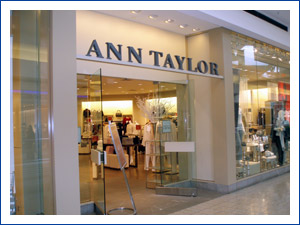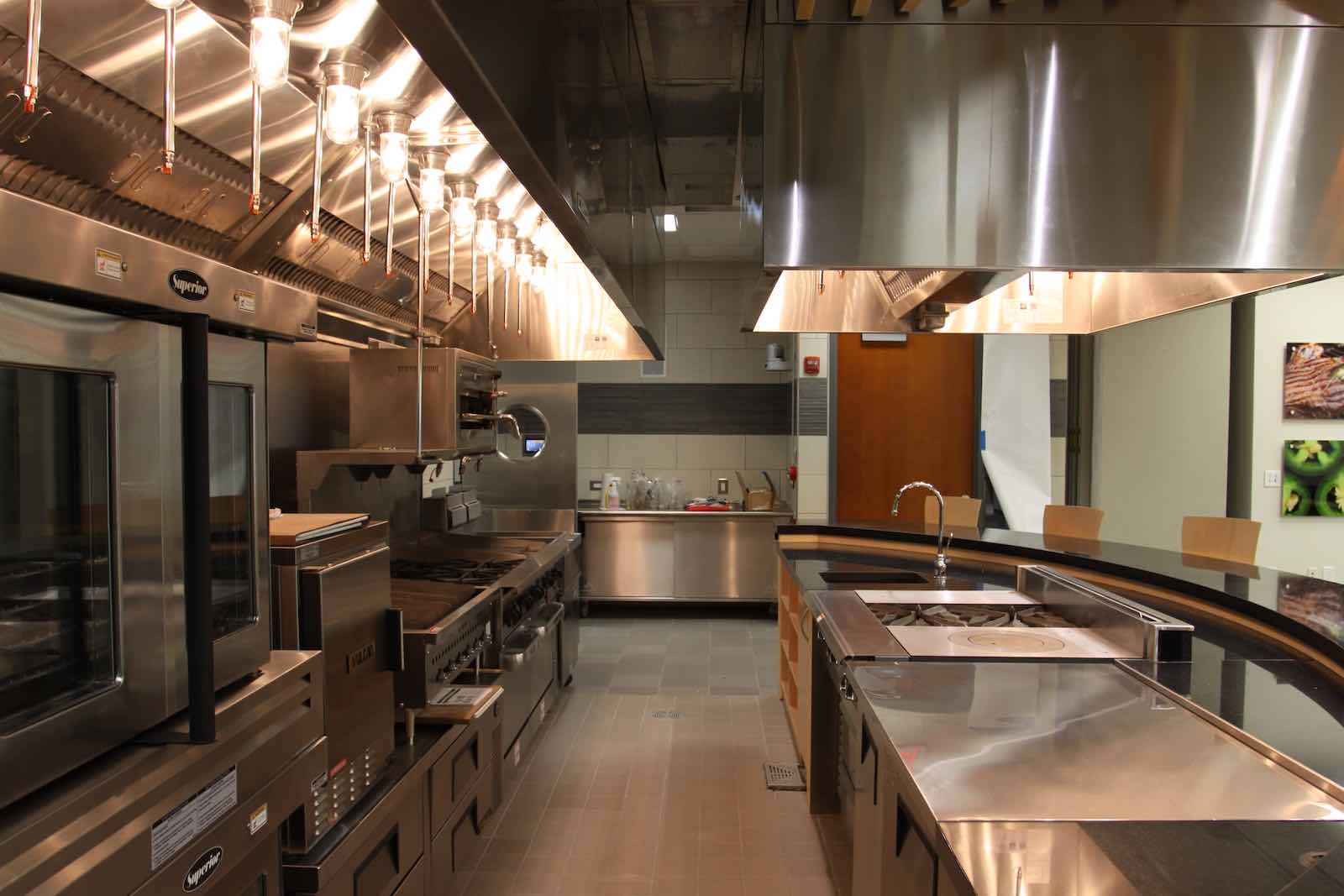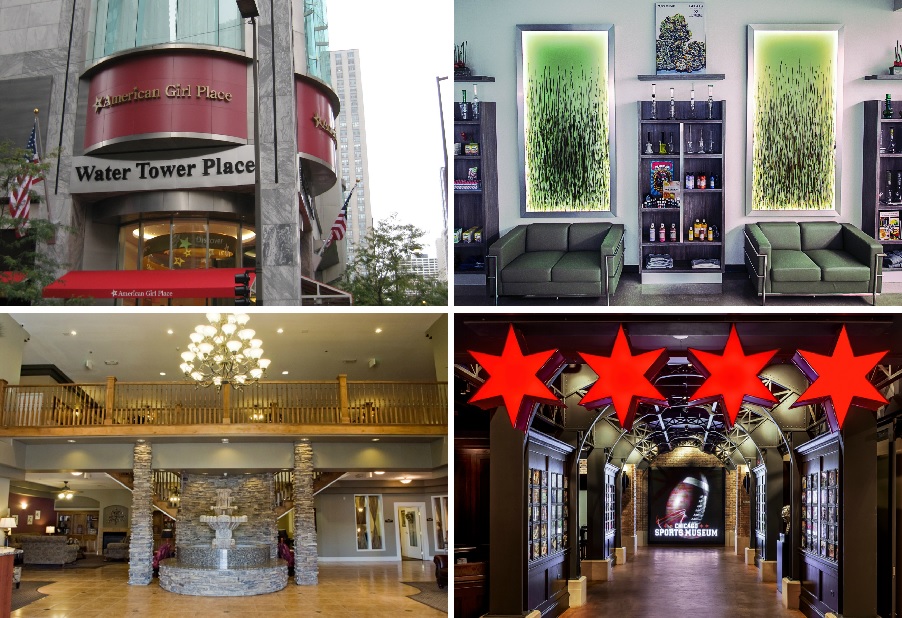Understanding Today’s Separation of Landlord and Commercial Tenant Construction

While I think everyone in the retail industry likes to hear news that 2011 retail sales are up – as it usually means new retail construction projects are in the pipeline – it’s still tough for shopping center landlords to make deals work with retail tenants. Why? Because it can become a bad game of “who’s on first?” as mall owners and retail tenants figure out who will be responsible for commercial construction services in a “build to suit” shopping center construction space.
First, let’s have a refresher on the most common types of available retail space in Chicago shopping centers — actually, the terms below work for all new commercial construction projects. Keep in mind, the rent is reflected with increases for each of these levels.
- Cold dark shell. This space has virtually been untouched by a landlord’s commercial construction general contractor. There is nothing on the perimeter studs or deck (underside of roof), no HVAC or ductwork, sprinklers are basic and the flooring is probably concrete.
- Vanilla box. This is a very generic retail space with cheap commercial construction finishes. The drywall is primed and may have one coat of white paint, the ceiling is basic at best and the flooring is probably covered in vinyl tile.
- Turnkey from spec. This is most popular with big retail leases in 2011. The retailer (or office tenant) brings in its drawings and asks the landlord for costs from commercial construction contractors to build out the entire space.
Regarding a turkey space, after the landlord pulls together the best commercial construction bids from its general commercial contractors and presents its retail construction costs to finish the space to spec, one of two things happen.
Scenario A – The tenant agrees with the landlord’s bids, so the landlord pays for and manages the construction process. This scenario works well for retailers who prefer to dedicate personnel to managing their business rather than managing the commercial construction process.
Scenario B – After reviewing the landlord’s construction bids, the tenant opts for a concession check and hires its own retail construction firm to oversee the build-out. This is popular with large national brands that have in-house teams who know their way around a construction site.
Regardless of which scenario happens, make sure you are working with a good retail contractor that has experience in tenant and landlord shopping center construction and knows the different needs and responsibilities between the two parties. For example:
- The tenant almost always is responsible for millwork and cash wrap, trade fixtures, any signage (directional or façade) and tenant specific equipment. In restaurant construction checklists, this means tenants are responsible for putting in their own ovens, prep stations and sinks.
- Infrastructure work, such as sprinkler service, water service, sanitation, fire alarm service where applicable and mechanical infrastructure, typically falls to the landlord.
- Landlords don’t want to lease space to tenants who aren’t financially secure, so they won’t accept just any deal. Landlords are pairing with the best retail contractors to make sure construction budgets work with proposed rents.
Does this mean that general commercial contractors like Englewood Construction can spend hours working with landlords in reviewing drawings and putting together the best commercial subcontractors and costs for a potential job only to see that it doesn’t make sense for the landlord? Or that tenants may decide to take a concession check from a landlord and do the construction work themselves? Sure, but it’s still nice to be asked to the prom.
Plus, we can hold our head high that in looking out for our client, we gave our best pre-construction services (for free!) without compromising our quality of work.
Director of Operations
Tel: 847-233-9200 x712
Questions? Comments? You can reach me at chuck.taylor@englewoodconstruction.com



